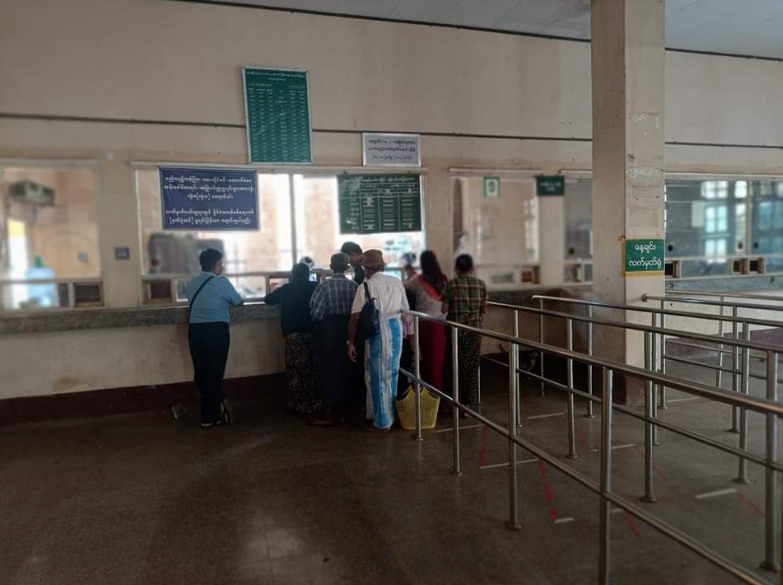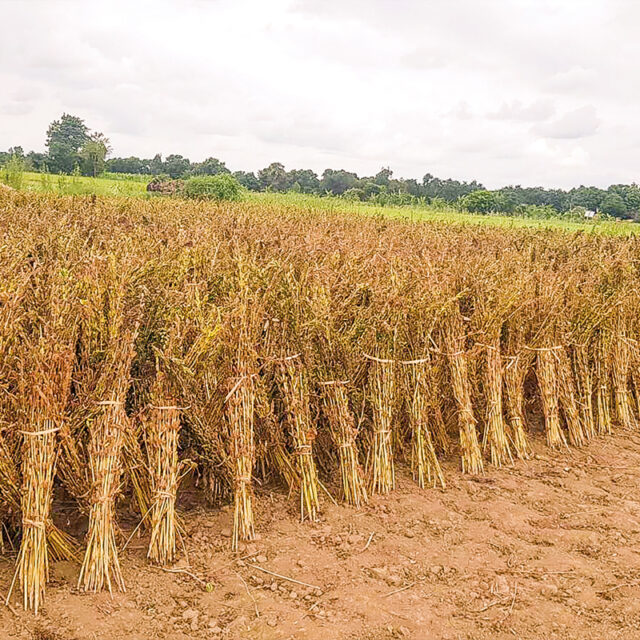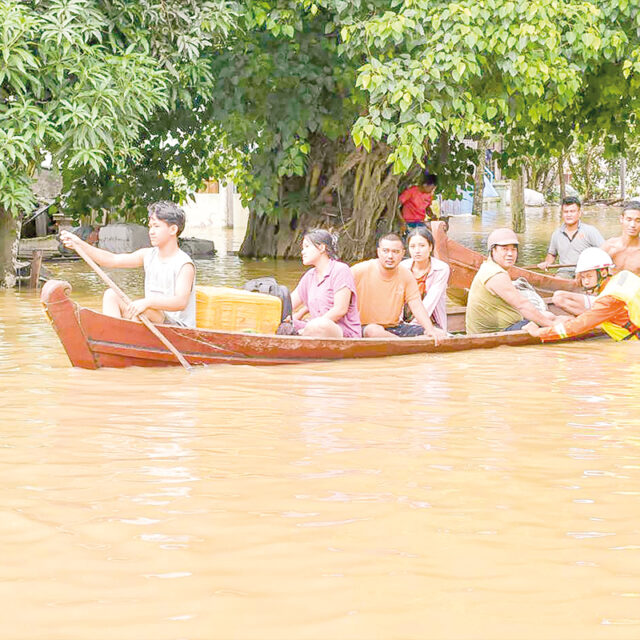Diarrhoea is a common disease that can occur throughout the year, although it is more prevalent during the monsoon season due to unclean water on the soil and the presence of insects. Each year, approximately 500,000 people worldwide suffer from diarrhoea, with around 100,000 deaths attributed to the disease, according to the World Health Organization. In Myanmar, statistics from 2013 indicate that approximately 10 per cent of child deaths are caused by diarrhoea.
Diarrhoea is often triggered by the spread of sewage water during rainy periods, leading to blocked drains and the contamination of garbage and waste. Poor hygiene practices can contribute to the outbreak of diarrhoea, as it allows infectious viruses and bacteria to multiply in the environment. Additionally, consuming unhygienic food, such as overripe fruits or meals sold along roadsides in Myanmar, can also increase the risk of contracting diarrhoea.
People of all ages can be affected by this disease, although children are particularly vulnerable due to their immature immune systems. Compared to adults, children have lower resistance to diseases, making them more susceptible to the severe consequences of diarrhoea. Therefore, it is essential for parents to ensure that their children maintain personal hygiene, including keeping their fingernails and toenails clean, wearing clean clothes, avoiding unhygienic foods, and following proper mealtime hygiene practices. Older individuals may also be at risk of developing diarrhoea due to weakened immune systems.
To prevent the spread of diarrhoea, authorities should focus on cleaning up garbage landfills and adopting systematic waste disposal practices in accordance with the protocols set by the Ministry of Health. Additionally, measures should be taken to control fly populations in dirty areas, as flies can contribute to the spread of disease. Community members should also take responsibility for cleaning up dirty and unhygienic places.
If someone suspects or knows of an individual suffering from diarrhoea, it is important to contact nearby health units immediately. Diarrhoea outbreaks can occur at any time and can affect anyone. Urging those with the disease to seek timely medical treatment at clinics or health units is crucial to prevent dehydration, which can lead to life-threatening complications.
Maintaining a hygienic environment is paramount for ensuring good health within a society. Individuals should prioritize personal hygiene practices, including cleaning their surroundings and properly preparing meals. Regular handwashing before and after activities, as well as regular taking a bath, are significant preventive measures. By adhering to these hygienic practices, individuals can reduce the risk of diarrhoea outbreaks and promote a healthy and fit society.











